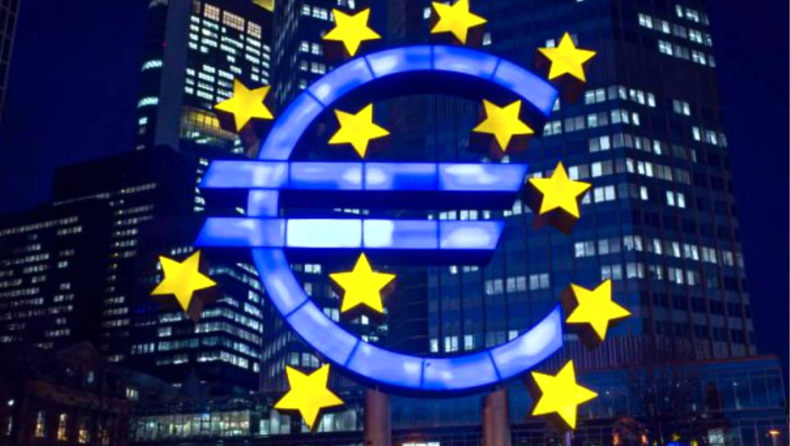The European Central Bank raised interest rates by an unexpectedly larger extent in a meeting this Thursday. This confirmed that fears over out-of-control inflation have now transcended growth considerations. This hike comes as the eurozone economies reel from the aftermath of Russia’s war in Ukraine.
The European Central Bank (ECB) increased its benchmark deposit rate by 50 basis points to zero percent, contrary to its own guidance for a 25 basis point increase. By doing so, the ECB followed its worldwide colleagues in raising borrowing costs. It was the first rate increase by the euro zone central bank in eleven years.

The European Central Bank (ECB) ended an eight-year experiment with negative interest rates by increasing its main refinancing rate to 0.50 percent. It also promised additional rate hikes as early as its next meeting on 8th September 2022.
According to the ECB, “Further normalization of interest rates will be appropriate”. “The frontloading today of the exit from negative interest rates allows the Governing Council to make a transition to a meeting-by-meeting approach to interest rate decisions,” said the ECB in its statement.
Implications and provisions of the ECB’s decision
Increase in European Central Bank’s basis point from 25 to 50
According to Reuters’ sources close to the discussion, the prior basis point increase was set to be 25, however it was later changed to 50 basis points. Indicators pointing to a further worsening in the inflation forecast had prompted the ECB to implement a 50 basis point hike.
With inflation already nearing double digits, it has now reached a risk of being entrenched over the ECB’s 2% target. Furthermore, any gas shortage during the upcoming winter is likely to push prices considerably higher, prolonging rapid price inflation.
Reuters polled economists had projected a 25 basis point increase, but the majority suggested that the bank should increase by 50 basis points. This way it could bring its record-low deposit rate of minus 0.5 percent to zero.
Impact of ECB’s decision on the Euro
The euro, had recently fallen to a 20 year low against the dollar, reaching near parity to it earlier this month. However, it strengthened by approximately 0.5 percent due to the ECB’s decision.
The ‘Transmission Protection Instrument’ Scheme
The ECB also agreed to provide additional assistance to the 19-nation currency bloc’s most indebted states. This will be done by approving a new asset purchase scheme titled ‘Transmission Protection Instrument’,. This scheme aims to reduce financial fragmentation and restrict the increase in the borrowing costs of indebted nations.
The European bank explained that the magnitude of TPI purchases depends on the severity of policy transmission risks. “The TPI will ensure that the monetary policy stance is transmitted smoothly across all euro area countries,” the ECB said in a statement.
Increase in borrowing costs for countries like Italy, Spain and Portugal
As the interest rates at the ECB increase, the cost of borrowing for nations like Italy, Spain, and Portugal will rise disproportionately. This will happen because investors will demand a larger premium to keep their debt.
The resignation of Italian PM Mario Draghi
The bank’s commitment on Thursday comes as a political crisis in Italy weighs heavily on markets in the wake of Mario Draghi’s resignation as prime minister. On Thursday, the yield differential between Italian and German 10-year bonds temporarily surpassed 240 basis points. It was close to the 250 basis point threshold that had prompted the ECB to call an emergency policy meeting last month.
The European Central Bank’s decision proved to benefit Euro which now stands at 1.02 to the US dollar. However, the ECB’s ultimate objective is to contain inflation, and prolonged high price growth might exacerbate the problem as firms automatically adjust pricing. And if a worldwide recession is approaching, the ECB must accelerate its rate hikes so that its tightening cycle concludes faster. With such widescale implications in mind, all eyes are now on the news conference that ECB President Christine Lagarde will give at 12:45 GMT. This conference will possibly address the policymakers’ dilemma of balancing growth and inflation considerations.
Read more: Sri Lanka`s central bank hikes interest rates and targets inflation













